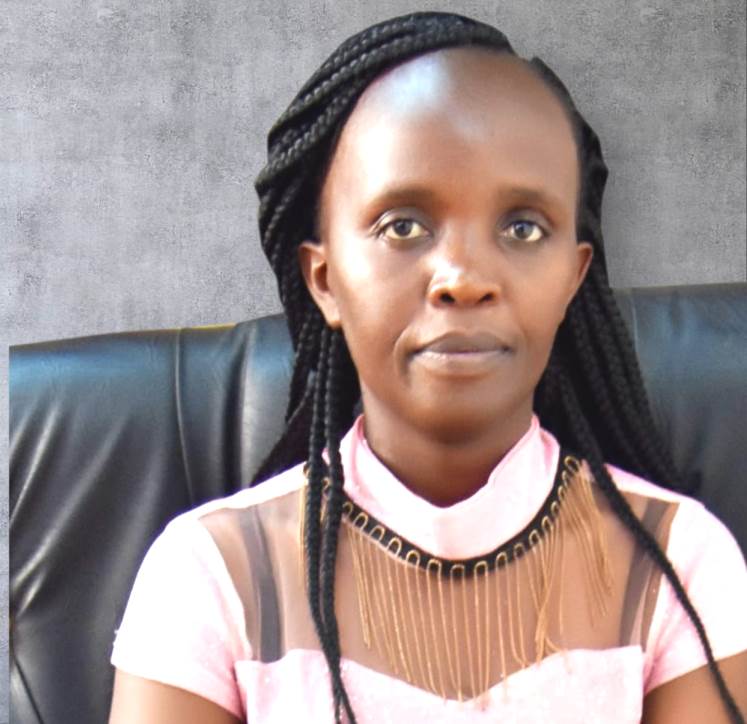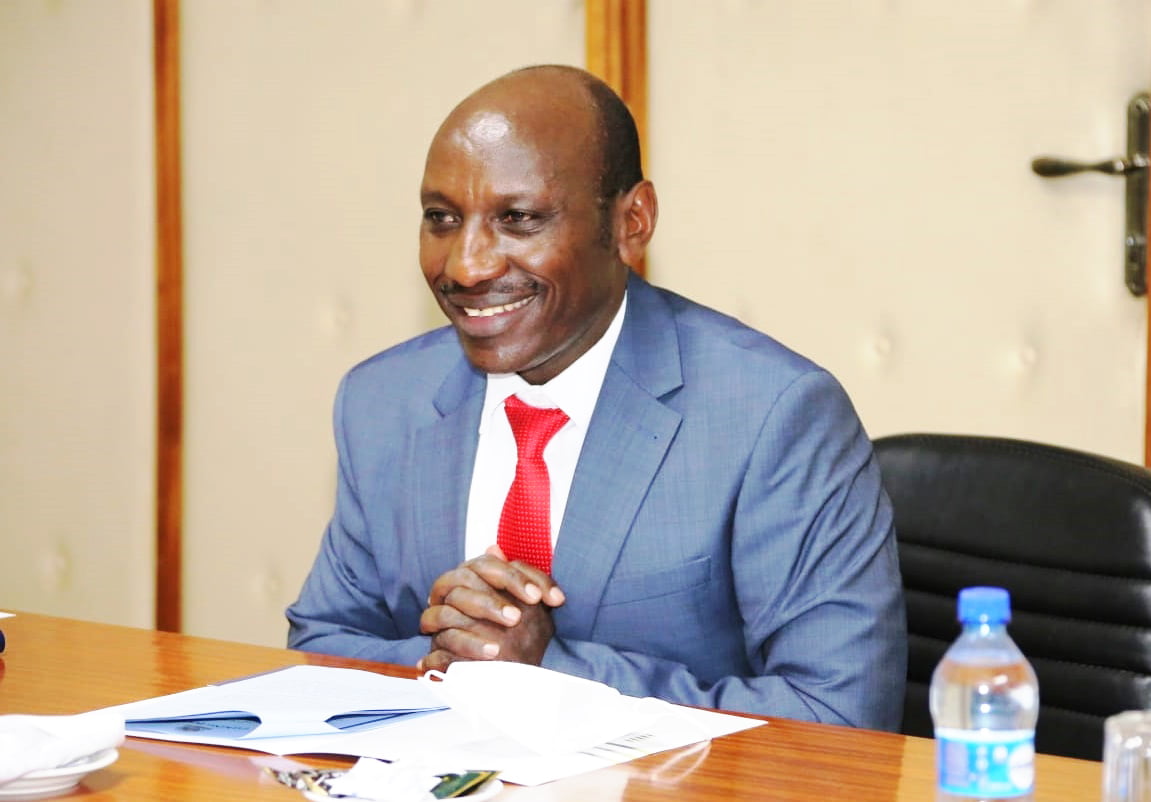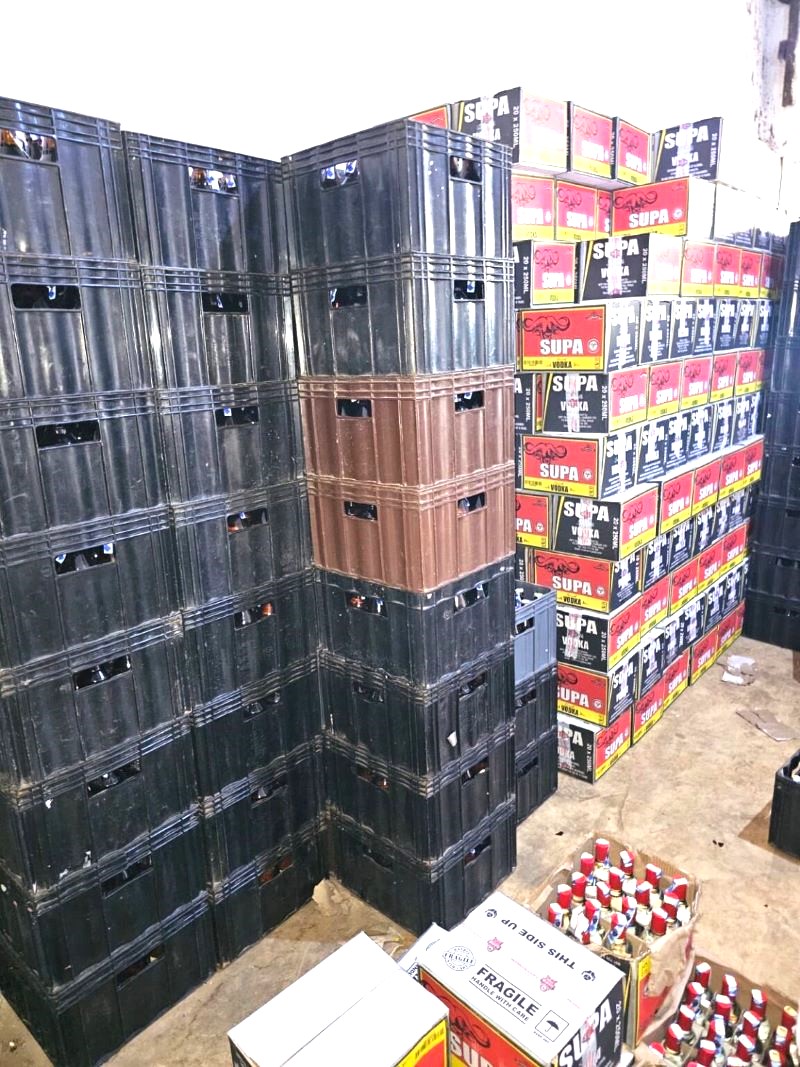Across many parts of Kenya, a girl’s education is still interrupted every month by a natural biological process – menstruation. While it should be an ordinary and manageable part of life, menstruation remains a major obstacle for millions of girls who lack access to sanitary products, information and supportive environments. The term period poverty captures this struggle. It refers to the lack of access to menstrual hygiene products, sanitation facilities and adequate education about menstruation. Period poverty is not merely a health or hygiene issue – it is a profound barrier to gender equality and education.
For many schoolgirls, especially in low-income areas, the beginning of menstruation can mark the start of a painful cycle of absenteeism, shame and even school dropout. Studies across Africa have shown that girls may miss up to a week of school every month due to menstruation-related challenges. Over time, these absences add up, affecting performance, confidence, and eventually their chances of completing school. For some, the embarrassment and stigma become unbearable, forcing them to abandon their studies altogether. This must be addressed effectively.
The problem often begins with silence. In many communities, menstruation is surrounded by taboo, secrecy and misinformation. Girls are rarely given clear, accurate information about their bodies before they start their periods. When menstruation begins, it comes as a shock, often accompanied by fear and confusion. Without guidance, many rely on unsafe alternatives – rags, old newspapers or leaves – which can lead to infections and discomfort. This silence also affects boys and men, who grow up without understanding or empathy, further deepening the stigma that isolates girls.
Ending period poverty starts with breaking that silence. Education is the most powerful tool for change. Schools must become safe spaces where menstruation can be discussed openly and respectfully. Teachers—both male and female—should be trained to handle the topic with sensitivity and confidence. Comprehensive health education should be part of the curriculum, normalising conversations about menstrual hygiene and ensuring that girls are well informed long before they reach puberty.
Access to sanitary products is equally vital. Governments and organisations have made significant strides in this area. For example, Kenya has been a pioneer in providing free sanitary pads to schoolgirls. Yet, challenges remain in distribution, quality and sustainability. A more community-based approach – where local women’s groups, NGOs and schools work together to supply reusable pads or menstrual cups – can make a lasting difference. These initiatives not only provide products but also empower women through employment and education.
Infrastructure plays an essential role as well. Schools must have clean, private and safe washrooms with access to water and soap. Without these basic facilities, girls will continue to face humiliation and discomfort. Privacy is dignity – and dignity is key to keeping girls in school.
READ ALSO:
MoE cracks down on ‘provocative’ dancing, dressing in school cultural events
Fathers, brothers and male teachers also have a critical role to play. Period poverty is not just a women’s issue; it is a human rights issue. When men understand the challenges girls face, they can become allies rather than bystanders. A father who buys sanitary products for his daughter sends a powerful message of acceptance and equality. A male teacher who treats menstruation as a normal subject of discussion helps end generations of shame and secrecy.
Technology, too, can offer solutions. Apps and online campaigns are helping girls learn about their menstrual cycles, connect with mentors and share experiences anonymously. Social media influencers and young advocates are using digital platforms to raise awareness and push for policy changes. The more visible the conversation becomes, the less power the stigma holds.
Ultimately, ending period poverty is about giving girls control over their bodies, their time and their futures. Every girl deserves to attend school with confidence, without fear of ridicule or discomfort. Every girl deserves to learn, dream and succeed without her biology standing in her way.
When we keep girls in school, we do more than educate them – we empower communities, reduce poverty, and build nations. A girl who completes her education is more likely to delay marriage, earn a higher income, and educate her own children. The ripple effect is immense.
Ending period poverty is not an act of charity; it is a moral and social responsibility. Governments, schools, families and communities must work hand in hand to ensure that no girl misses school because of menstruation. The cost of inaction is too high – a generation of lost potential. The time to act is now. Keeping girls in school is keeping hope alive.
By Priscilla Wamaitha
Wamaitha, Junior School educator, is passionate about girls’ empowerment.
You can also follow our social media pages on Twitter: Education News KE and Facebook: Education News Newspaper for timely updates.
>>> Click here to stay up-to-date with trending regional stories
>>> Click here to read more informed opinions on the country’s education landscape
>>> Click here to stay ahead with the latest national news.






